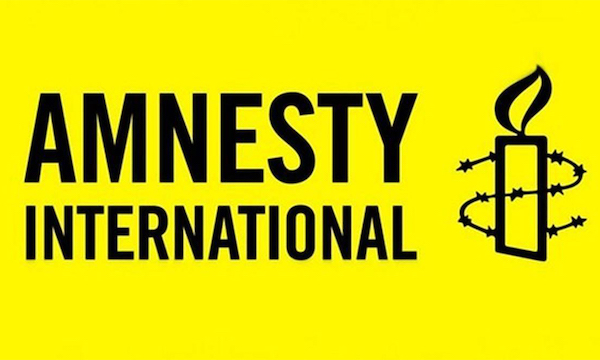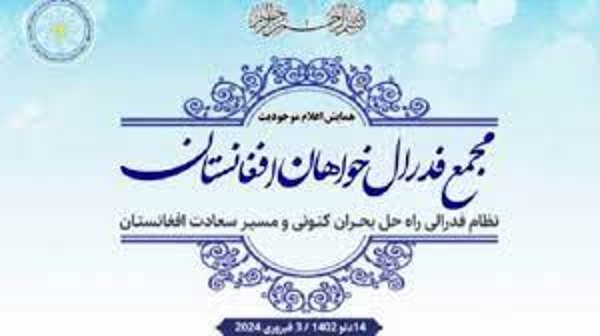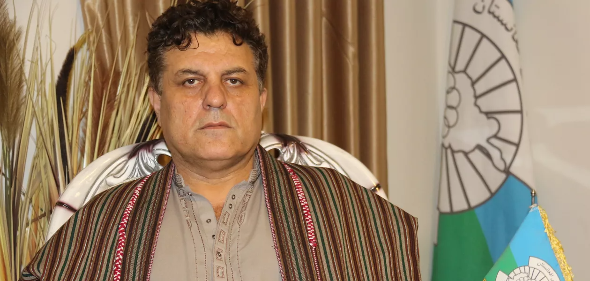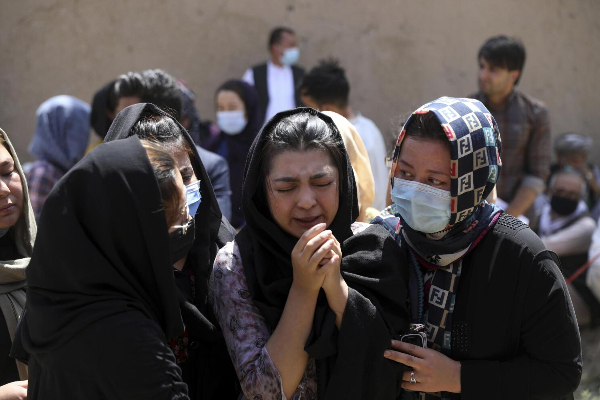Amnesty International has called on the international community to ease financial restrictions on Afghanistan that are blocking the provision of healthcare, food and other essential services, and expedite delivery of scaled-up humanitarian assistance to avert a mounting crisis that threatens the lives of tens of millions of people.

In a statement issued by the organization on Tuesday, the organization said the suspension of foreign aid, the freezing of Afghan government assets, and international sanctions on the Islamic Emirate of Afghanistan (IEA) have plunged a country already suffering from high poverty levels into a full-blown economic crisis.
"Current levels of humanitarian assistance are insufficient to deal with the crisis, with millions of Afghans plunging into poverty and facing the risk of starvation. We have seen countries making pledges and promises to provide aid to Afghanistan over recent months, but this support is yet to reach those who need it the most," said Yamini Mishra, Amnesty Internationalís South Asia Regional Director.
"In just a few months, the situation is already critical. People in the public and private sectors have not been paid their salaries, canít access money, and canít afford even essential items.
"Afghanistan is at the precipice - without an urgent program of targeted international support and without permitting the use of Afghanistan government reserves to support the countryís population, the scene is set for a human catastrophe over the coming months."
With the IEA remaining on lists of internationally sanctioned groups, Afghanistanís foreign donors have moved to withhold and withdraw funding from the country.
The situation has left the countryís banking system on the brink of collapse. Long queues have formed outside banks and ATMs, which are not dispensing cash. The price of goods has soared while the countryís currency has plummeted in value.
In August, the Biden administration froze $9.5 billion assets. The EU followed suit on August 17, withdrawing $1.4 billion in development and emergency aid to Afghanistanís healthcare, agriculture and law enforcement sectors. The withdrawal of the EU funding precipitated the immediate closure of at least 2,000 health facilities serving around 30 million Afghans.
The IMF has frozen the IEAís to $460 million of funds and other international institutions including the World Bank and Asian Development Bank have also suspended payments to their projects in Afghanistan.
"Humanitarian aid and the use of public funds for essential services must not be politicized.
"Donor countries must urgently develop a comprehensive action plan for the dissemination of financial and humanitarian aid support in consultation with NGOs and other humanitarian agencies on the ground.
"This should include independent monitoring and enhanced periodic public reporting that ensures support reaches those who need it the most. At the same time, the Taliban (IEA) must cooperate in giving unrestricted access to UN agencies and humanitarian groups to do their work," said Yamini Mishra.
"The international communityís top priority must be to prevent the deaths and suffering of people in Afghanistan and protect their human rights."
LINK: https://www.ansarpress.com/english/24192
TAGS:






























 Ghani Removed From UN Heads of State List
Ghani Removed From UN Heads of State List 




